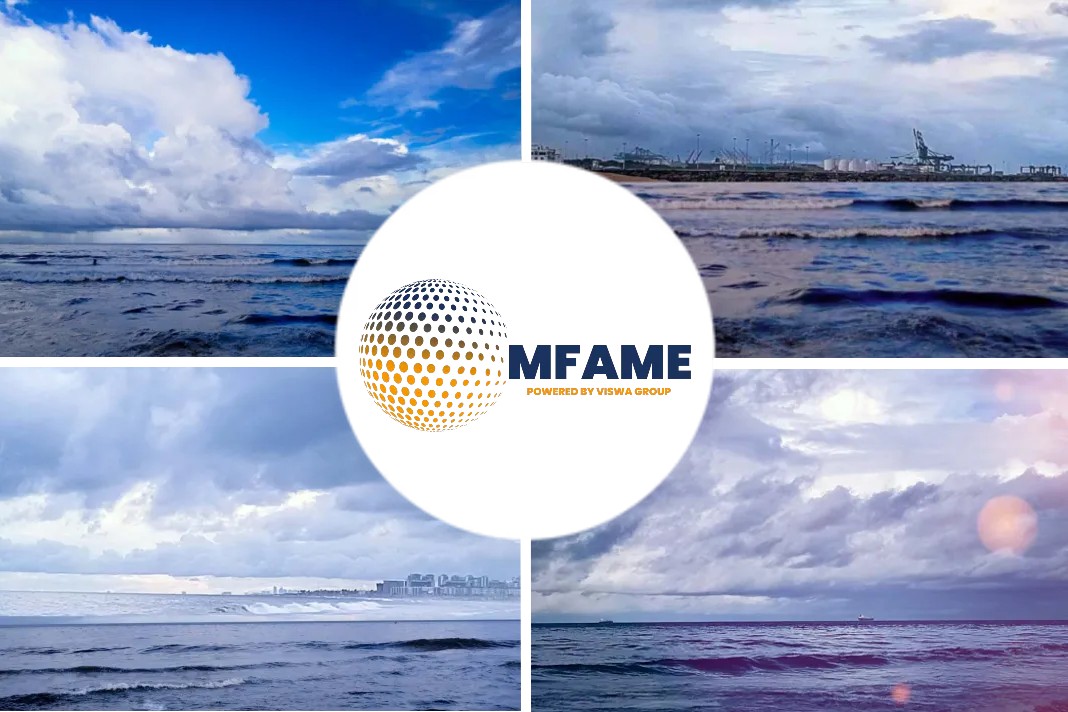- Shipowners, operators, and builders are seeking solutions for improved sustainability.
- It includes incorporating lighter weight for reducing fuel use.
- EU-funded RAMSSES project fosters the deployment of innovative materials.
- These innovative materials will be used for future commercialization in the maritime industry.
- RAMSSES partners are working towards would weigh up to 40 % less than a steel equivalent.
- Custom Made Hull for Offshore Vessel is a solution to cover the entire maritime supply chain.
According to an article published in Cordis Europa, partners of an EU initiative have unveiled a recently assembled full-scale section of a ship’s hull made of composite materials to help reduce energy and maintenance costs.
Aim to reduce GHGs
Sustainability and versatility
In the same news release, Marcel Elenbaas from DSNS highlights the impact of RAMSSES on the future of shipping. “Sustainability is a major focus in the industry right now and shipbuilding is no exception. The use of composites for larger ships has significant consequences for the entire design of the ship.”
He adds that such vessels need smaller engines “which means more space for additional systems, making for a more versatile platform. And of course, composites require considerably less maintenance than a steel vessel. With RAMSSES we have the opportunity to demonstrate the effectiveness and viability of large-scale composite shipbuilding.”
Demonstrator cases
Called the Custom Made Hull for Offshore Vessel, the recently unveiled solution is one of 13 demonstrator cases developed under RAMSSES that cover the entire maritime supply chain (components, equipment, integration in complex products, repair).
These demos include modular lightweight systems, the application of high-performance steel in load-carrying hull structures, the integration of composite materials in various structures and solutions for global repair. The RAMSSES (Realisation and Demonstration of Advanced Material Solutions for Sustainable and Efficient Ships) project will run until May 2021.
Did you subscribe to our daily newsletter?
It’s Free! Click here to Subscribe!
Source: Cordis Europa
















